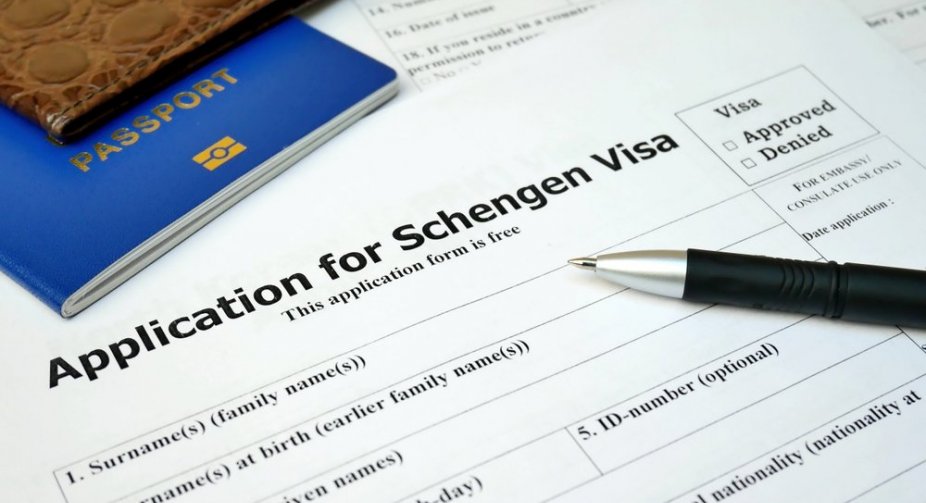The EU has taken a step towards the introduction of a digital Schengen visa - the ambassadors of the EU member states have agreed to the mandate of the Council of the EU for negotiations on the proposal for the digitization of the visa procedure.
This was reported by the press service of the Council of the European Union on Wednesday.
The proposal, which the European Union plans to adopt, introduces the possibility of submitting visa applications online and replaces the current visa sticker with a digital visa. It aims to make the visa application process more efficient and improve the security of the Schengen area.
"Online applications will reduce the number of trips to the consulate for travelers and simplify the process for national administrations. At the same time, the digital visa will put an end to the risk of forgery and theft of the visa sticker," commented Maria Malmer Stenergaard, Sweden's Minister for Migration, who is currently on the Council of the European Union.
By introducing the new procedure, the EU will create a platform for submitting visa applications. This will be a single website that will direct applicants to the relevant national visa systems.
On this platform, applicants will be able to enter all the necessary data, upload electronic copies of their travel and accompanying documents and pay visa fees.
Applicants will also be notified of their visa decision on the platform.
Personal presence at the consulate will only be required for first-time applicants, persons whose biometrics are no longer valid, and those with a new travel document.
If the applicant intends to visit several Schengen countries, the platform will automatically determine which of them is responsible for processing the application, based on the length of stay.
However, the applicant will also be able to indicate whether their application should be considered by a particular EU Member State in accordance with the purpose of the trip.
According to the proposed new rules, visas will be issued in digital format, in the form of a 2D barcode, certified by a cryptographic signature. This will reduce the security risks associated with counterfeiting and theft of visa stickers.
The European Commission submitted a legislative proposal aimed at digitizing the visa procedure on April 27 last year.
Based on the negotiating mandate agreed on Wednesday, Sweden, as the country holding the EU Council presidency, will start negotiations with the European Parliament to agree on the final wording.
It is worth emphasizing that citizens of Ukraine who are holders of biometric passports enjoy a visa-free regime with the EU.
As a reminder, on March 7, the updated Schengen Information System (SIS) began operating in the EU, which is used to exchange information to ensure security and border management in Europe.



